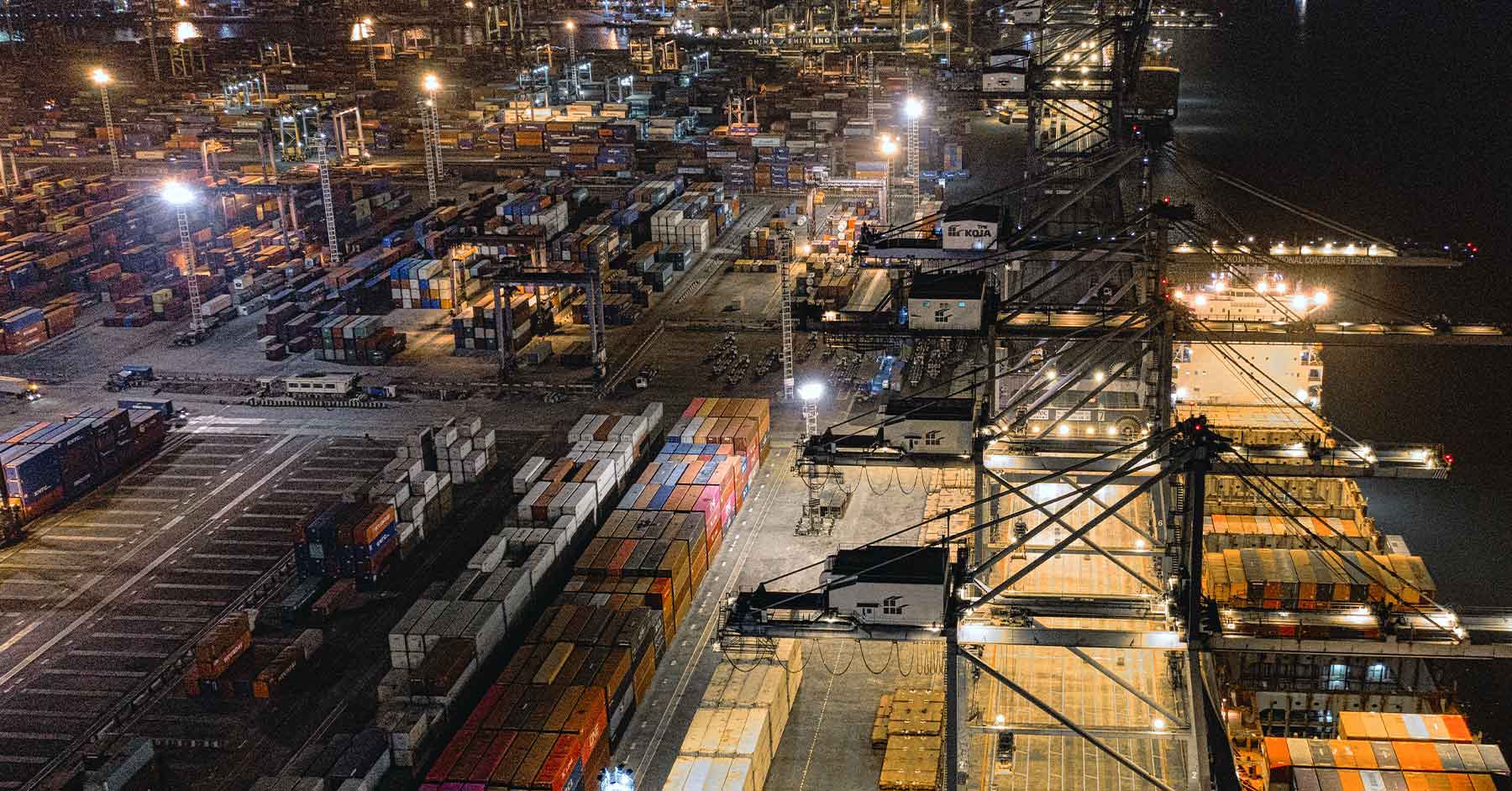(Photo by Tom Fisk from Pexels)
Author: Xabier Basañez, Managing Director LATAM, Alcott Global
To drive digital supply chain transformations, supply chain leadership must combine traditional functional and leadership capabilities with new technical skills that span data, algorithms, and technology. And they need to understand more than just what these innovations are: they must also understand whether—and how—they create real value for the businesses they are supposed to support.
Based on this, strengthen supply chain competencies is the first thing to do.
How skilled are your supply chain people? Quite possibly less than they should be. Studies from McKinsey & Company shows the following core competencies together help make digital supply chain transformations smoother:
- Supply chain strategy
- Order and demand management
- Forecasting
- Inventory management
- Production planning
- Supply planning
- Operational logistics
- Performance management
At the organizational level, one option is to build a central supply chain unit with an end-to-end mindset and top skills in service-level attainment and delivery management. Another is to focus more narrowly on developing logistics expertise among warehouse and transportation-management staff, so they become the operational efficiency engine.
Finally, better performance management across the board—rewarding the top performers and taking corrective action when performance drops below expectations—helps turn talent into a supply chain organization’s central strength.
Capability building pays off. Regardless of the talent market, organizations that invest in developing their people while launching a transformational change program see a higher success rate than those that do not—by a factor of up to fourfold. The supply chain performance also correlates strongly to staff capabilities; in general, good capability builders generate twice as much EBITDA as other organizations.
But for this key set of skills, you need to prepare your team and for it you need experts.
Where are the end-to-end experts?
In the average organization, we find that about 60 percent of supply chain professionals have an expertise spike in just one area of the supply chain. End-to-end experts—whose well-rounded mastery is most likely to meet tomorrow’s requirements—are thin on the ground, accounting for only about 5 percent of all supply chain roles.
In the short term, automation and digitization will create more roles for data scientists, analytics engineers, and IT and big-data specialists, who bring new knowledge to the supply chain organization. But to produce lasting results, this new talent will need training in supply chain management or support from “translators” who blend functional and digital knowledge.
Once people are knowledgeable about supply chain realities and have sufficient end-to-end expertise to support integrated business decisions, organizations can start preparing for the gradual digitization of the supply chain.
Source: Do You Have The Skills To Run A Digital Supply Chain? by Xabier Basañez | LinkedIn





